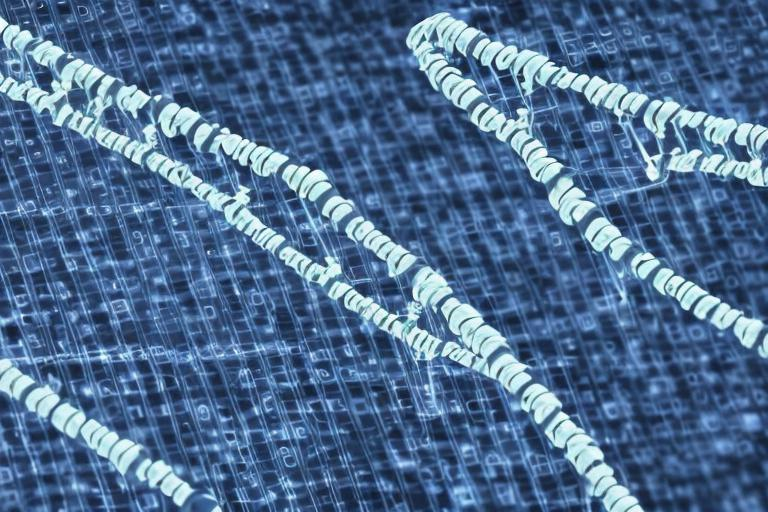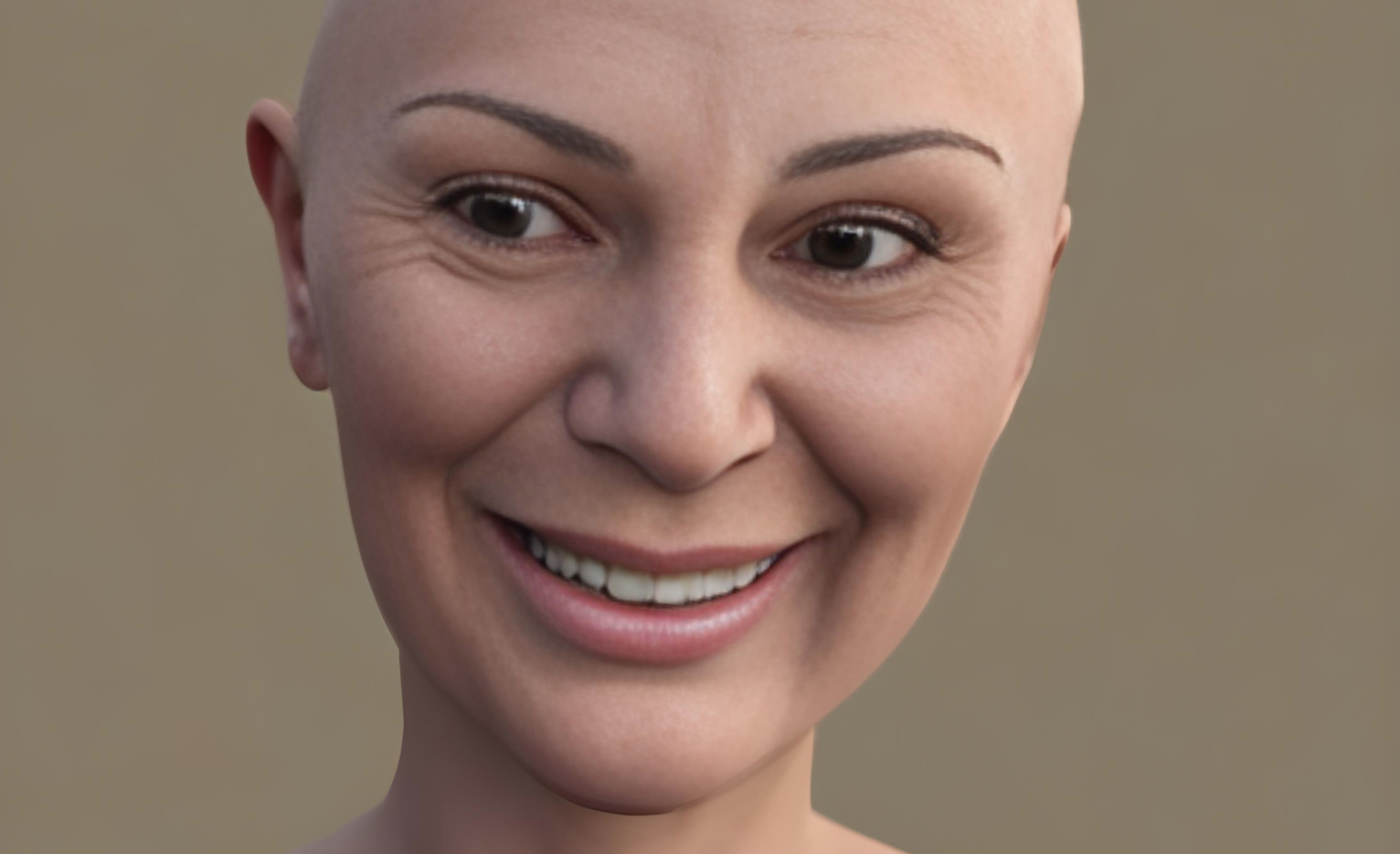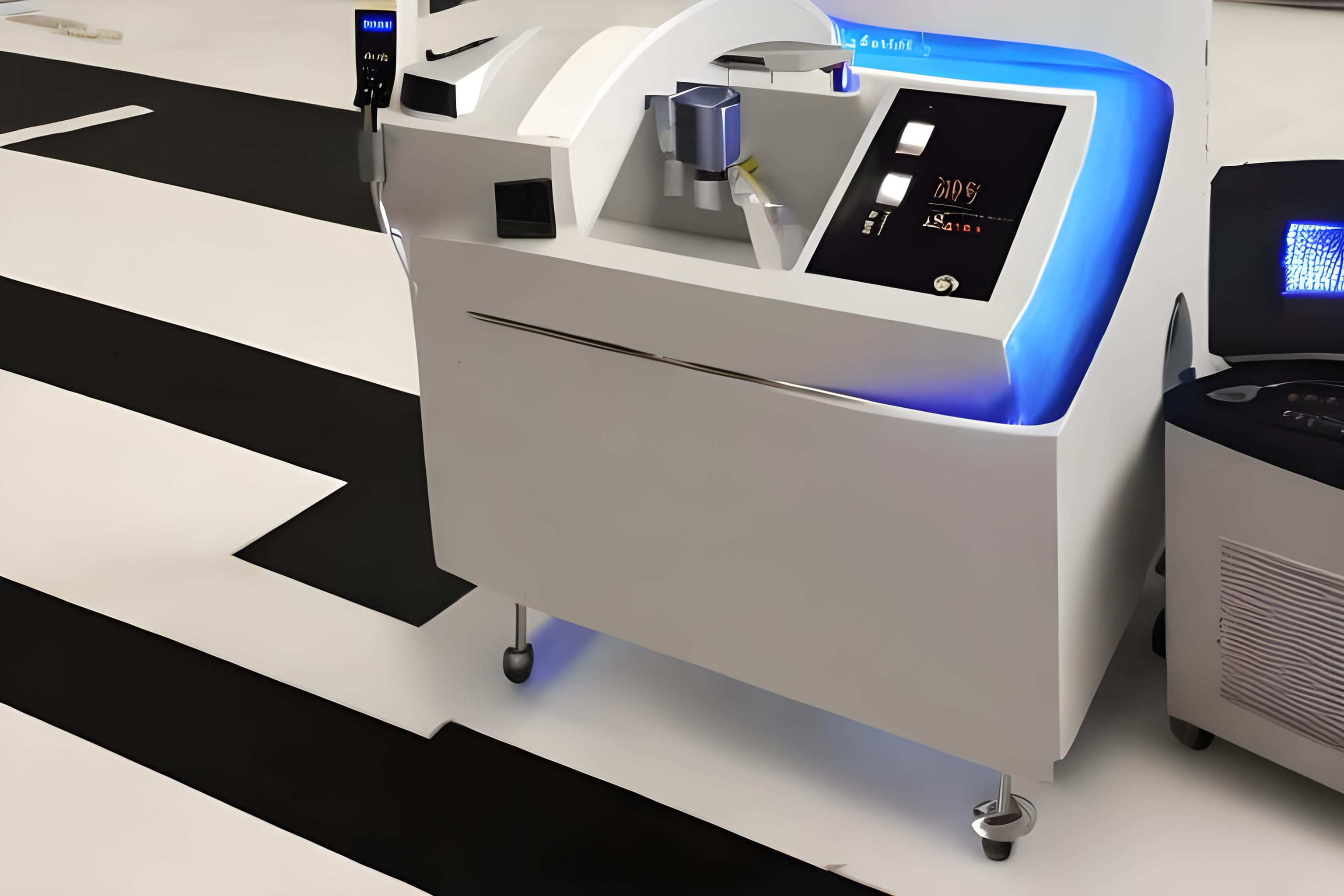
Personalized medicine or precision medicine in oncology.
We have molecular and immunological classification tools where we want to identify a molecular anomaly and where we will be able to propose a treatment. We do “a screening of the tumor genome of the patients”. An oncologist can prescribe ngs: next-generation sequencing which allows sequencing the different genes of the tumor.
A well-known example of precision medicine: is for patients with Her2 overexpressed breast cancers where an inhibitor targeting these receptors will be treated.
The treatment is adapted to a pilot mutation of the tumor: activation of a tumor-activating gene (oncogene) or inactivation of a tumor-inhibiting gene. Mutations can be found in different types of cancer. For example, a mutation can be found in different types of cancer: the BRAF v600e mutation can be found in lung cancer, colorectal cancer, in skin cancer (melanoma). A BRAF inhibitor can be proposed for patients with this cancer carrying this gene.
We have approaches for sequencing the genome of tumors, from 50 to 500 genes to identify a pilot mutation or driver gene in order to be able to use it as appropriate therapy with a targeted therapy targeting this mutation and thus improve patient survival.
Immunotherapy shows significant therapeutic responses in patients with significant pdl1 receptor expression on the surface of tumor cells.
It can show better therapeutic responses than chemotherapy for certain types of cancers called MSI (with the instability of DNA microsatellite repeat sequences): corresponding to certain cancers of the colon, stomach, endometrium, pancreas, prostate, lung, breast, ovary …
What is circulating tumor DNA?
Circulating tumoral DNA corresponds, as its name suggests, to DNA that comes from cancer (primary tumor or metastases) which circulates in small quantities in the patient’s blood. A simple blood test can be done. This provides an alternative to tumor biopsies. One can also look for circulating tumor cells.
It is not currently used in routine practice. If detected, they can be used as a prognosis or in monitoring and serve as a tool for evaluating the effectiveness of treatments.
Not all cancer patients have circulating tumor DNA.

What are chemotherapy-conjugated antibodies?
We also talk about intelligent or targeted Chemotherapy.
This treatment is an antibody coupled with chemotherapy which will be directed against the tumor. The abbreviation is ADC, antibody-drug conjugate.
Conjugated antibodies are more targeted treatments than chemotherapy, which will interact with all of the body’s cells that are multiplying (normal and tumoral).
This treatment will spare normal cells.
The first example is an antibody that will target the HER2 receptor (Trastuzumab) on tumor cells coupled with anti-microtubule chemotherapy: Trastuzumab deruxtecan (tdxd) / Trastuzumab emtansine (tdm1)
This treatment will be found in different indications for cancers expressing activated her2 or her2 receptors: certain breast cancers, cancers of the esogastric junction, lung, bladder, colon.
As a reminder, chemotherapy is a treatment that is given intravenously. The infusions are made at the level of a central venous catheter, box under the skin connected to the vena cava, at the level of the thorax. This treatment works by inhibiting the mechanisms of cell division.
Chemotherapy can act on tumor cells wherever they are in the body and its objective is to reduce the risk of cancer recurrence.
this way, all women with breast cancer will have chemotherapy treatment. Its indication is selected during the multidisciplinary consultation meeting according to the stage of cancer and its aggressiveness.
For example, triple-negative breast cancer, which is an absence of hormone receptors and growth factor HER2 expression, is generally more aggressive than hormone-dependent cancer with a low cell multiplication rate.
Chemo can be proposed before surgery, it is said to be neo-adjuvant chemotherapy. It is indicated in case of inflammatory breast and/or in order to reduce the size of the tumor to perform breast-conserving surgery.
Chemotherapy may be offered after breast cancer surgery depending on the lymph node status and the aggressiveness of cancer, this is called adjuvant chemotherapy.
Chemotherapy is also offered to patients with metastases. However, in metastatic hormone-dependent cancers, first-line anti-hormonal treatment associated with targeted therapy is more often offered.
Chemotherapy in breast cancer has significant side effects: hair loss: a cooling helmet can be put in place to prevent hair loss, nausea, and vomiting for which specific anti-nausea treatments are prescribed, but also digestive disorders and inflammation of the oral and/or vaginal mucous membranes. There are treatments that make it possible to tolerate these treatments well: different classified anti-nausea, anti-inflammatory, and growth factors to avoid having too much anemia or a drop in white blood cells.



